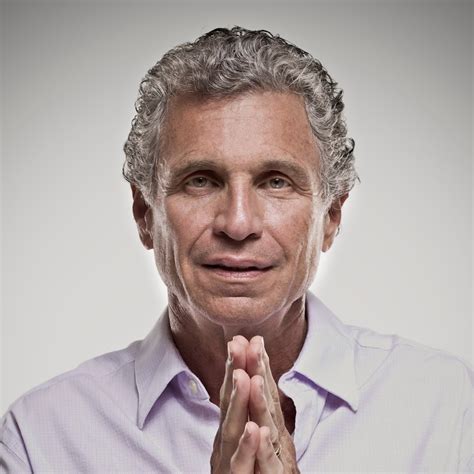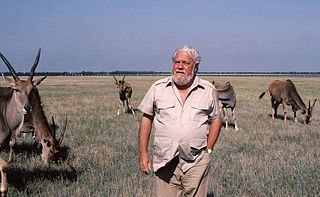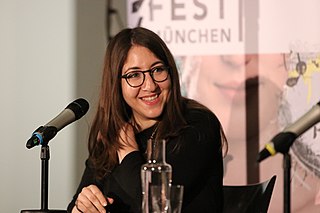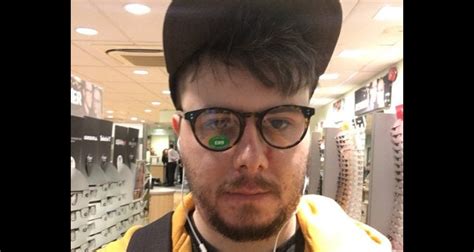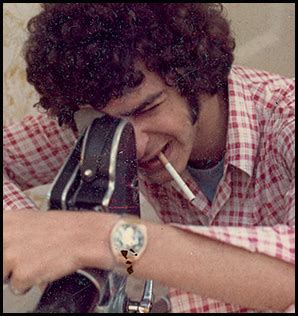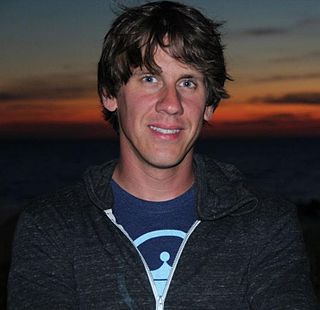A Quote by Alberto Villoldo
At the core of One Spirit Medicine is the idea that how we perceive the world 'out there' is a projection of internal maps that shape our beliefs and guide how we think, feel and behave. These maps are the unconscious programs that drive our experience of life and the state of our health. The key to optimum health is to upgrade these unconscious maps and limiting beliefs that have been driving us to a toxic lifestyle and relationships.
Related Quotes
Regular maps have few surprises: their contour lines reveal where the Andes are, and are reasonably clear. More precious, though, are the unpublished maps we make ourselves, of our city, our place, our daily world, our life; those maps of our private world we use every day; here I was happy, in that place I left my coat behind after a party, that is where I met my love; I cried there once, I was heartsore; but felt better round the corner..., things of that sort, our personal memories, that make the private tapestry of our lives.
Our negative thoughts are valuable messages to us about our deeper fears and negative attitudes. These usually are so basic to our thinking and feeling that we don't realize they are beliefs at all. We assume that they are simply "the way life is." We may be consciously affirming and visualizing prosperity, but if our unconscious belief is that we don't deserve it, then we won't create it. Once we become aware of our core negative beliefs, they begin to heal.
Maps help us in tracking our cabs - if they're idle, headed for a booking, or in the midst of a trip. With custom systems built atop maps using available APIs, we are able to manage our inventory extremely well, predict ETAs for customers, and optimally allocate the nearest cab to a booking request.
What is it about maps and globes that seems to require our undivided attention? I've spent hours looking at maps of places I will never see and maps so old that they are a record of nothing but the faintest glow of the past. Perhaps they turn us into gods, letting us look down at the insignificant drones that occupy the earth. Or maybe they simply feed off our hunger to go off into the unknown. Venturing off to places where people don't chain themselves to tedious jobs and financial debts but places of imagination, mystery and freedom Perhaps they're just trying to tell us something.
Our experience of reality is the result of the magical alchemy of the creation of our thoughts, our beliefs, our decisions, our attitudes, our feelings. All of these are, for the most part, unconscious. Mindfulness allows us to watch these thoughts and choices and decisions without being triggered and having to take action and give meaning.
I suspect losing paper maps but gaining GPS and online maps is a similar step function: maps still exist, but they're vastly more useful, not to say permanently up to date, in their new form. Again, I won't be shedding any tears, but I'll keep a paper road atlas in the back of my car for another few years, I think, Just In Case.
Our inner weighing of evidence is not a careful mathematical calculation resulting in a probabilistic estimate of truth, but more like a whirlpool blending of the objective and the personal. The result is a set of beliefs - both conscious and unconscious - that guide us in interpreting all the events of our lives.
